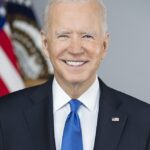
Joe Biden, the 46th President of the United States, is a seasoned politician with a career spanning over five decades. Known for his resilience and commitment to public service, Biden has left a significant mark on American politics. However, his tenure has not been without controversy or challenges. From navigating political polarization to addressing economic hardships and health disparities, Biden’s leadership reflects both achievements and unresolved struggles that continue to shape his presidency.
Early Life and Education
Childhood and Family Background
Born on November 20, 1942, in Scranton, Pennsylvania, Joseph Robinette Biden Jr. grew up in a working-class family. His father, a car salesman, faced financial difficulties that deeply influenced Biden’s perspective on middle-class struggles. Despite these hardships, his family emphasized values of perseverance and community engagement.
College Years and Law School
Biden attended the University of Delaware, where he studied history and political science, and later earned a law degree from Syracuse University. While overcoming a speech impediment showed his determination, his academic years were not marked by exceptional achievements, a criticism that followed him early in his career.
Joe Biden’s Entry into Politics
First Steps in Public Service
Biden’s political career began in 1970 when he was elected to the New Castle County Council in Delaware. His appeal as a young, relatable candidate resonated with voters, leading to his election as one of the youngest U.S. Senators at age 29.
Becoming One of the Youngest U.S. Senators
Tragedy struck shortly after his Senate victory when his wife and daughter died in a car accident. Biden’s commitment to family and public service earned admiration, yet his early Senate years faced critiques for his alignment with more traditional, and at times divisive, policies.
Political Career Highlights
Key Contributions as a U.S. Senator
Focus on Foreign Policy
As a longtime member and chairman of the Senate Foreign Relations Committee, Biden played a significant role in shaping U.S. foreign policy. However, some critics argue that his support for the Iraq War and other controversial decisions highlight a mixed legacy in global affairs.
Advocacy for Crime and Justice Reform
Biden authored the 1994 Crime Bill, a significant piece of legislation aimed at reducing crime. While the bill included measures like community policing, it also contributed to mass incarceration, disproportionately affecting communities of color—an issue he has since acknowledged.
Vice Presidency Under Barack Obama
Major Achievements as Vice President
During his time as Vice President, Biden was a close advisor to Barack Obama, contributing to key policies like economic recovery efforts and healthcare reform. While praised for his diplomacy and bipartisan efforts, some critics questioned his influence compared to other prominent figures in the administration.
The Affordable Care Act and Other Landmark Policies
Biden was instrumental in rallying support for the Affordable Care Act, which expanded healthcare access to millions of Americans. Yet, the law’s implementation faced criticisms over high premiums and limited coverage options for some middle-class families.
The 2020 Presidential Campaign
Overcoming Challenges in the Primaries
Biden’s campaign struggled early in the Democratic primaries, with doubts about his ability to energize voters in a divided party. However, his message of unity and a return to normalcy resonated with voters weary of political turmoil.
Campaign Against Donald Trump
The general election against Donald Trump was contentious, with Biden presenting himself as a steady and empathetic leader. While he won on a platform of restoring the nation’s soul, critics argued his policy proposals lacked boldness in addressing systemic issues like wealth inequality.
Joe Biden as the 46th President of the United States
The Vision for America
Focus on Unity and Healing
Biden’s presidency began with calls for unity and healing in a deeply divided nation. While he has sought bipartisan cooperation, political polarization remains a significant obstacle, with progress often stalled by partisanship.
Key Policies and Executive Actions
COVID-19 Response and Recovery
Biden prioritized vaccine distribution and economic relief, earning praise for swiftly tackling the pandemic. However, ongoing public health issues, including disparities in vaccine access and a struggling healthcare system, reveal gaps in his administration’s approach.
Climate Change and Clean Energy Initiatives
Rejoining the Paris Agreement signaled Biden’s commitment to addressing climate change, but critics argue his environmental policies lack the urgency needed to meet the scale of the crisis.
Economic Recovery and Infrastructure Development
The passage of the Infrastructure Investment and Jobs Act was a major achievement, yet rising inflation, housing costs, and stagnant wages have left many middle-class families feeling left behind despite economic recovery efforts.
Challenges During His Presidency
Political Division and Bipartisanship
Biden’s presidency has been defined by a divided Congress, where passing legislation often requires compromises that dilute the impact of key initiatives. Critics argue that his promises of bipartisanship have fallen short in an increasingly polarized political environment.
Global Diplomacy in a Changing World
Relationships with China and Russia
Biden’s administration has taken a firm stance against adversarial powers like China and Russia, focusing on cybersecurity and human rights. However, critics question the long-term effectiveness of his strategies amid growing global tensions.
NATO and Other Alliances
While Biden has worked to strengthen NATO and repair international relationships strained by his predecessor, some argue his foreign policy lacks innovative solutions to address modern global challenges.
Joe Biden’s Legacy and Impact
Long-Term Policy Impacts
Biden’s administration has laid the groundwork for long-term changes in infrastructure, climate policy, and healthcare. However, the effectiveness of these policies in addressing systemic issues remains uncertain, particularly given the slow pace of implementation.
Personal and Political Influence
Biden’s personal story of resilience and dedication to public service inspires many, but his ability to deliver meaningful change for struggling middle-class families and future generations remains a critical measure of his presidency.
Conclusion
Joe Biden’s presidency reflects a mix of progress and ongoing challenges. While he has championed important policies and brought stability to a nation in turmoil, persistent economic struggles, widening health disparities, and political gridlock underscore the difficulty of leading a divided and evolving America. His leadership is marked by resilience, but the true measure of his success will depend on addressing the foundational issues facing everyday Americans.




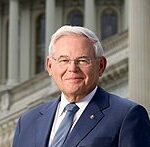


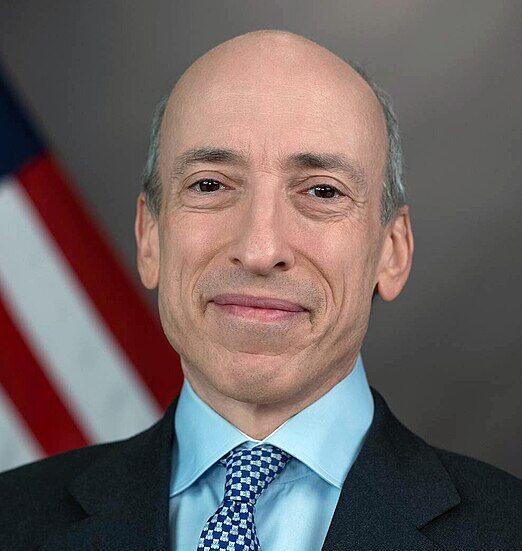
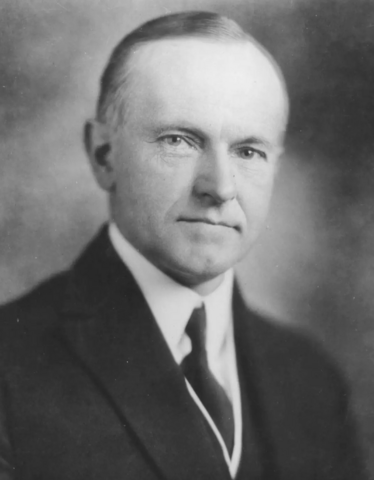
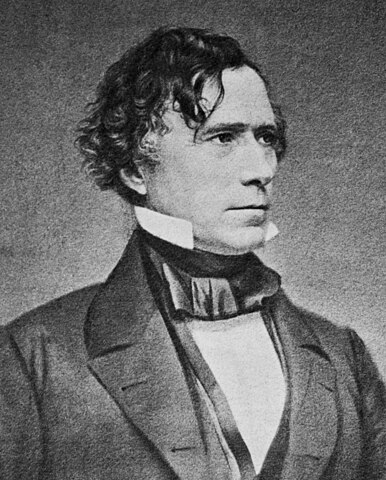
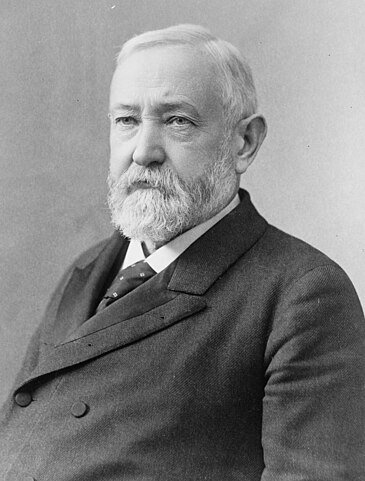
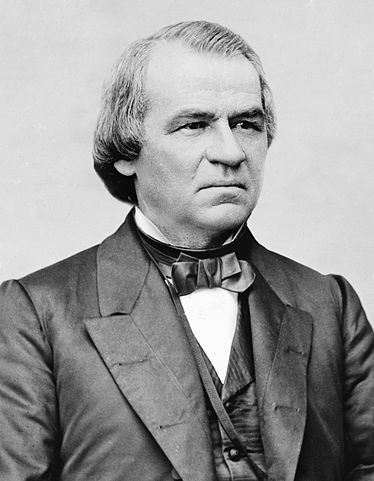
I was cautiously optimistic when Biden took office. I’ve benefited from some of the pandemic relief programs his administration supported, which helped keep my business afloat during tough times. However, rising inflation and supply chain issues are hitting my business hard. While I understand these are global issues, I think his administration could be doing more to support small businesses by addressing these economic pressures head-on. I want to see more targeted efforts to curb inflation and stabilize supply chains.
I’m grateful to have a president who believes in climate change science. Biden’s commitments to rejoining the Paris Agreement and investing in green energy are steps in the right direction. But as a young person worried about the planet, I sometimes feel he’s not moving fast enough. His administration has approved some new oil and gas projects, which feels contradictory to his climate goals. I’d love to see him take an even bolder stance and push for more renewable energy and stricter regulations on emissions to secure a better future for us all.